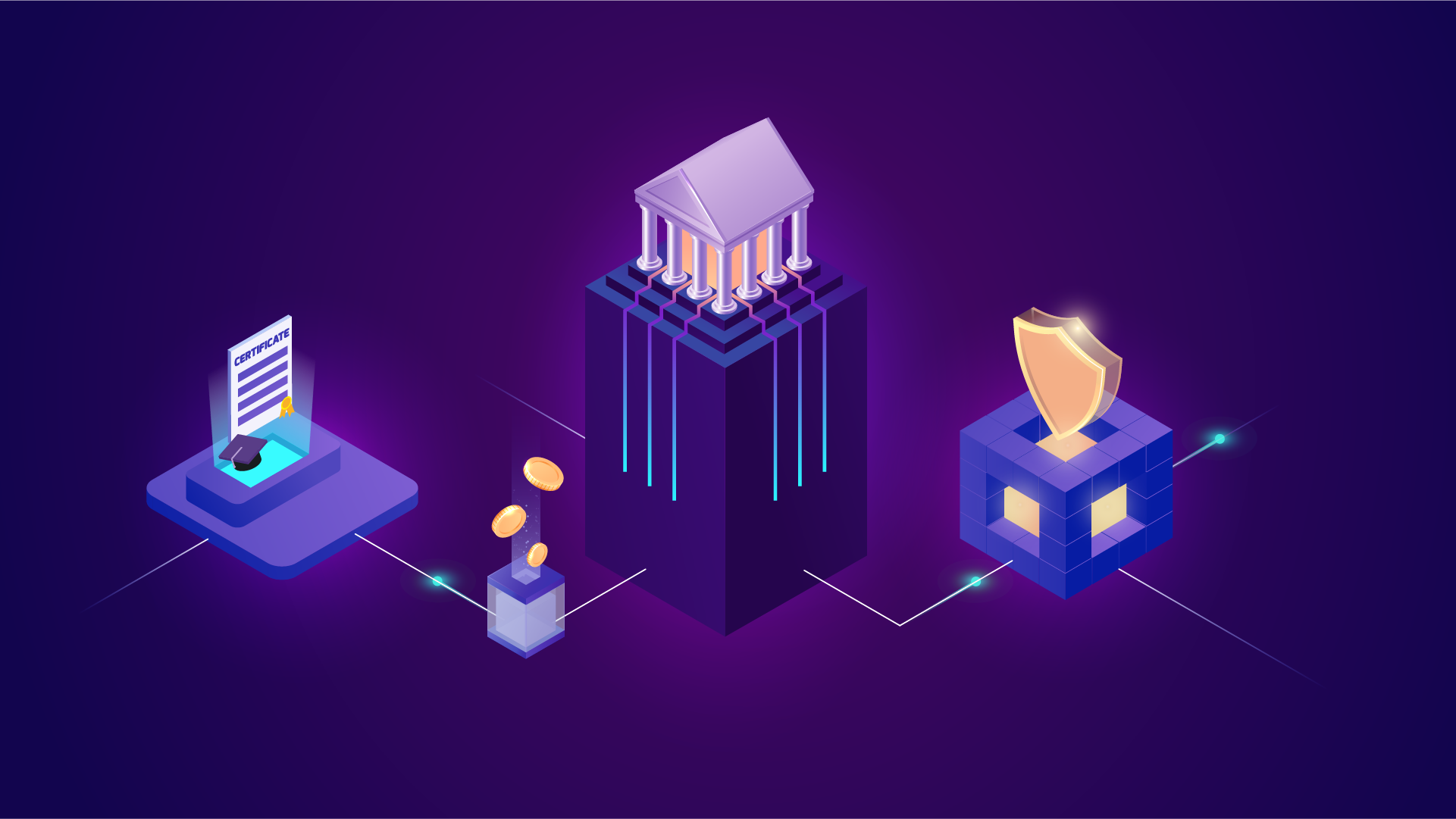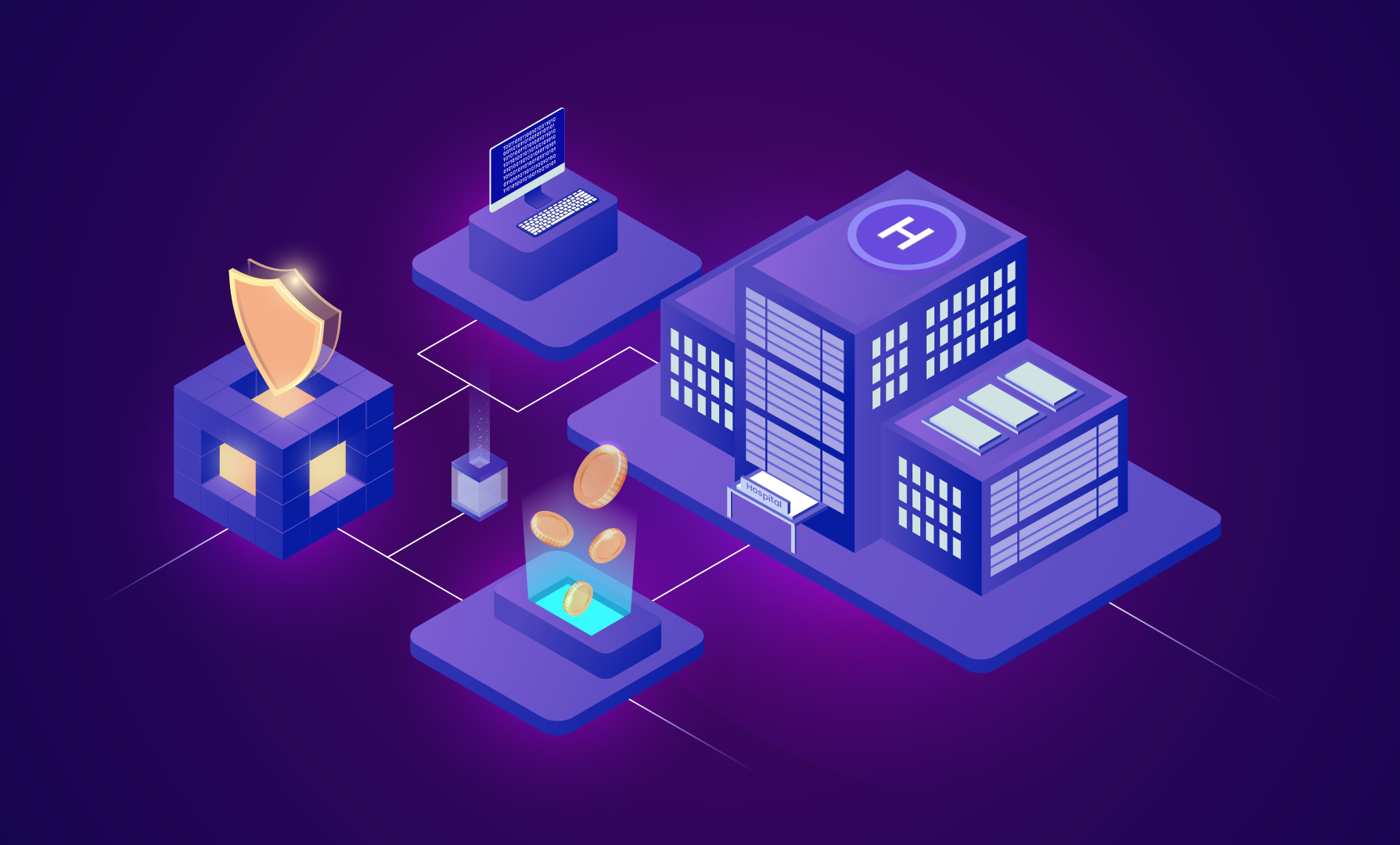The supply chain is the lifeblood of the global economy and the central piece of any business that deals with the distribution and logistics of goods. Solutions and framework of the modern approach towards building supply chains have been forming for details. Yet they still face certain inefficiencies that could be improved. For example, limited transparency, cumbersome manual processes, and information silos adversely impact supply chains across industries. However, blockchain technology and tokenization could play a key role in improving such processes.
In this article, we’ll explore how tokenization is poised to transform supply chain management and what are the benefits and challenges of this innovation.
Benefits of Supply Chain Tokenization
Integrating blockchain-based solutions into supply chains could address some of the core pain points and usher in new efficiencies. Here are some of the benefits of tokenization in supply chain:
- Enhanced Transparency: Tokens can provide real-time tracking of inventory across each supply chain transition. All parties gain an immutable view of an item’s journey. This reduces delays, bottlenecks, and distrust.
- Automated Processes: Smart contracts can automate processes like payments, shipping, and inventory management when milestones are met. Manual paperwork becomes obsolete and human errors are minimized.
- Selective Data Sharing: Brands can tokenize datasets and allow partners access to selected data via blockchain. This facilitates collaboration without overexposure of sensitive information.
- Proof of Authenticity: Consumers can instantly verify an item’s provenance, ingredients, and journey through embedded tokenized credentials. This increases consumer trust and loyalty and reduces counterfeiting and fraud.
- Dispute Resolution: If disputes arise, the asset’s full history on the blockchain provides a trusted reference to resolve issues quickly and fairly.
- Streamlined Transactions: Cryptocurrencies, especially stablecoins could slash cross-border fees and eliminate delays compared to traditional payment methods. This improves cash flow and liquidity for supply chain partners.
Challenges of Supply Chain Tokenization
Despite the potential benefits, tokenization in supply chain also faces some challenges and limitations. Here are some of the hurdles that need to be overcome:
- Technical Complexity: Tokenizing assets and integrating them with blockchain networks requires advanced technical skills and infrastructure. Not all supply chain partners may have the resources or expertise to adopt this technology. And here is where experts and web 3 solution providers such as Cryptix Tokenization come into play and can support business with finding an optimal solution for integrating blockchain and tokenization into supply chain.
- Regulatory Uncertainty: Tokenization in supply chain may encounter legal and regulatory barriers when covering multiple jurisdictions simultaneously. The legal status and enforceability of tokens and smart contracts may vary depending on the local laws and regulations.
- Standardization and Interoperability: Tokenization in supply chain may involve different types of tokens, blockchains, and protocols. This raises the need for standardization and interoperability among different systems and platforms to ensure seamless and secure data exchange and transactions.
Conclusion
Tokenization in supply chain is a promising innovation that can enhance trust, efficiency, and speed in the global economy. By converting physical assets into digital tokens on the blockchain, tokenization can enable real-time tracking, automation, and new incentive models that benefit all stakeholders. However, tokenization in supply chain also faces some challenges and limitations that need to be addressed. These include technical complexity, regulatory uncertainty, standardization and interoperability. Therefore, tokenization in supply chain requires careful planning, finding tailor-made solutions, optimizing processes, collaboration, and experimentation to realize its full potential.
Interested in supply chain tokenization? We are here to support you all the way. Check our website for more information or book a call with us to identify your project’s requirements – and how we can help you reach your project’s full potential: https://tokenlaunchpad.eu.
Sources and further reading
- Lesson 8: Tokenizing goods, blockchain to make the supply chain more reliable: https://www.bbva.ch/en/news/lesson-8-tokenizing-goods-blockchain-to-make-the-supply-chain-more-reliable
- What is Tokenization in Supply Chain? https://finance.gov.capital/what-is-tokenization-in-supply-chain/#google_vignette
- Crypto Token Integration in Supply Chain Management: https://rwaltz.com/blog/crypto-token-integration-in-supply-chain-management
- Building a Transparent Supply Chain: https://hbr.org/2020/05/building-a-transparent-supply-chain



